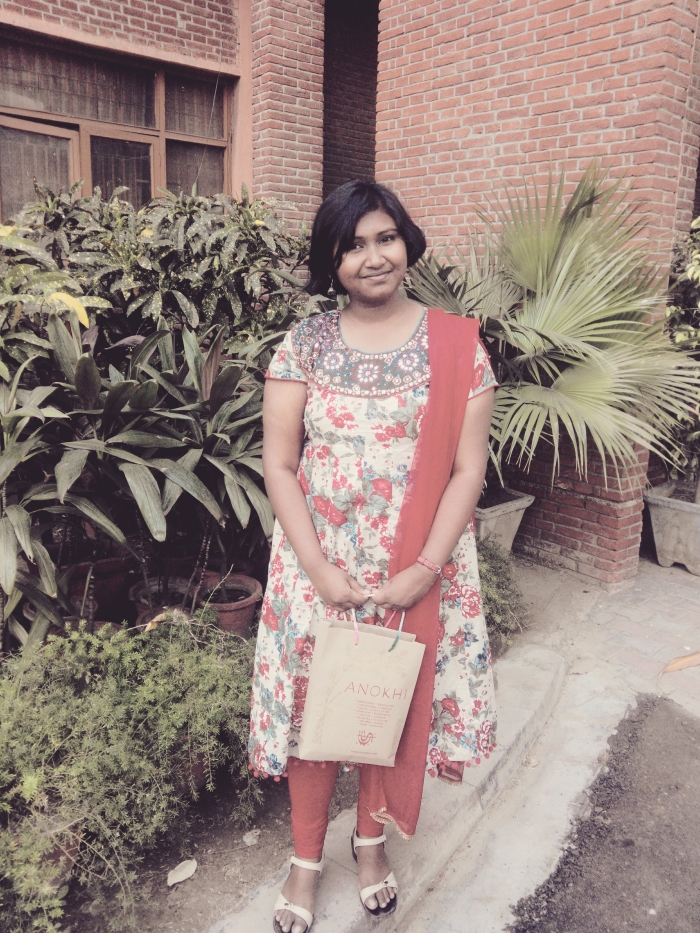Lately, the Bengali film industry has witnessed a surge of Hindi songs and dialogues. Even the soap operas have their protagonists singing and dancing to the beats of Bollywood. Earlier when one used to turn the channel to regional Bangla, one could see the agonist drift off to lyrical Rabindra Sangeet. But the recent boom of Hindi has pushed Bengali from its central location to periphery. The question arises- why is this happening?
There are as many as 880 languages spoken across India. Out of the 31 official languages, Hindi is the official language of Indian Union and the Article 343 of the Indian constitution states that English will be used as associate/provisional language for all official purposes (readmeindia.com/how-many-languages-in-india/). This gives Hindi a dominant position because it is the official language used by the Central Government. In this way Hindi becomes modus operandi of all the official functions of society. And with time Hindi became a symbolic good, thus favoured by the masses.
Similarly, the dominance of English as a medium of transnational exchange by the online community can be attributed to the antiquity, universal recognition and prestige associated with the language. In history, half of the world was under the reign of British crown; the colonizers sent missions to the colonies and the missionary works carried out by the church were in English which further propagated and promoted the importance of English. Anglican schools were set up and good positions in government sectors were offered to people who could speak English. English came to be seen as a language of elite. Likewise, even now, knowing English and being able to speak it fluently is considered as a matter of honour by the common wealth countries, and is one of the pre-requisite for attaining a good job.
A good number of multi-lingual Indians struggle with the problem of different scripts. But when you have one language, the fluency is more or less absolute. And English is one language that has infiltrated cultures; despite being a foreign language its authenticity sits well with all cultures.
There is also the question of power. Even if the online community is available in our mother tongue, it is only able to reach a certain section of linguistic community. The Koreans have Kakaotalk, the Japanese have SNS and Line and Chinese have Weibo, but in order to use them you need to know their respective languages which limits them to the native speakers in majority. On the other hand, Facebook, Twitter, Instagram and other social sites provide you with option of regional language, people still prefer to write in English, better yet the Romanized version of their mother tongue.
Writer Sneha Karati is Japanese Language and Translation Intern at Modlingua, India's No1. certified translation and Language service providers based in New Delhi





 Sneha Karati
Sneha Karati